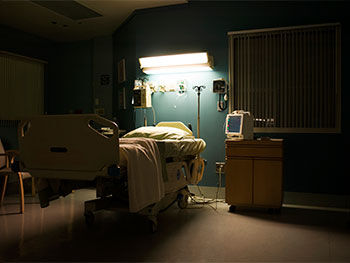University News Last updated 19 May 2015

Victorino Chua's conviction for the deaths of two patients at Stepping Hill Hospital today is "incredibly rare", joining just 16 similar cases of nurses found guilty of serial murder in Europe and the US since 1970, according to researchers at Birmingham City University.
The analysis of the 16 'Angel of Death' cases found up to nine characteristics of nurses who become serial killers, making the case that early identification of potential offenders might be possible if so-called 'red flags' can be detected in time.
The Birmingham City University criminologists found that American nurse Charles Cullen was the most prolific offender, convicted of 29 murders in the US in 2003 and satisfying a notable 11 of the 22 potential red flags.
The study also found that Colin Norris, convicted of four murders at hospitals in Leeds in 2008, lacked many of the usual indicators associated with such serial killing. The research was passed on to the legal team representing Mr Norris, whose case is being reviewed by the Criminal Cases Review Commission.
The study was carried out by Professor David Wilson and Dr Elizabeth Yardley of the Centre for Applied Criminology – one of Birmingham City University's Centres of Research Excellence.
Professor Wilson said: "Convictions for cases such as the case of Victorino Chua are incredibly rare but what this research does is help hospital administrators to think about the sorts of factors that ought to invite further scrutiny. It is important to look for common red flags and identify patterns that at least invite more consideration of someone's suitability to work in a hospital setting. That said, it's really important to acknowledge it will be a cluster of factors and not one individual element that should identify an 'Angel of Death' at work in a hospital setting."
The most common red flags are:
- Makes colleagues anxious
- Being in possession of drugs at home/in locker
- Appears to have a personality disorder, depression, history of mental instability
- Higher incidences of death on his/her shift.